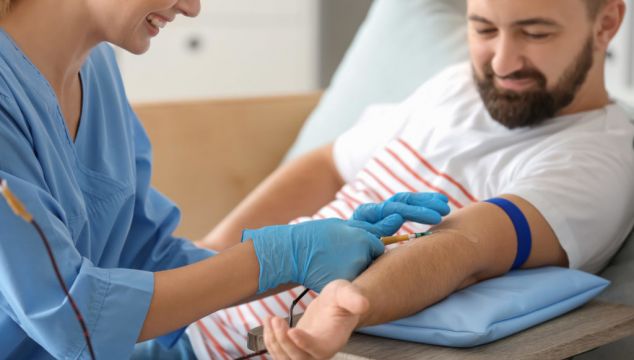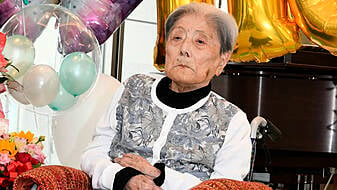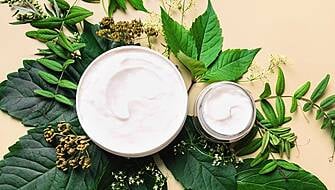Giving blood is a selfless act that saves lives. But if you’ve got needle phobia, giving blood is much easier said than done.
This World Blood Donor Day on June 14th, blood donation services are appealing for hundreds more new donors every day, to meet demand throughout the UK and Ireland and help treat patients with cancer, blood disorders, suffering medical trauma or undergoing surgery.
Just one person’s blood donation can save or massively improve up to three lives – and donation is really quick and easy, promises NHS Blood and Transplant (NHSBT; nhsbt.nhs.uk), noting they ‘aim to have you in an out in under an hour but the actual donation itself usually takes just five to 10 minutes’.
For people with needle phobia though, and those who just can’t stand the sight of blood, five to 10 minutes might still sound daunting, however worthwhile the end result. But, while NHSBT says it would discourage anyone with a particularly severe needle phobia from donating, milder fears can be overcome.
“There are many myths associated with giving blood, but it really isn’t scary,” assures Donna Batty, NHSBT donor acquisition and planning manager. “People usually describe the needle as a ‘sharp scratch’. If you’re nervous, distraction is key – you could bring a book to read or listen to some music while you donate.”
She says 400 new donors a day are needed in England alone to help replace those who can no longer donate, and donors of black heritage are particularly needed at the moment. Blood has a limited shelf-life too – red blood cells can only be stored for up to 35 days.
“Please register and make your first appointment to donate,” adds Batty. “You will save lives.”
Want to donate blood but too nervous? Here’s how to overcome a fear of needles so you can help save lives…
1. Tense your muscles
NHSBT stresses it’s perfectly normal to feel nervous before donating, and some people may feel faint before or during the process – because fear of the needle, or because seeing blood makes their heart rate and blood pressure rise and then rapidly drop, which can cause fainting. NHSBT says a simple technique to help with this is applied muscle tension (AMT), which involves tensing and relaxing the body’s major muscles during the donation process.
According to NHS guidance, hold the tension for 10-15 seconds, release it, and after about 20-30 seconds do it again, repeating about five times, but being careful not to tense the face and head muscles. Practice the technique quite a few times in the week before you donate. “A favourite of ours is clenching and unclenching your buttock muscles – no joke!” says NHSBT. “It’s also a brilliant distraction technique.”
2. Deep breathing

Another relaxation technique, which ideally needs practising regularly in the week before donation, is deep breathing. Simply try to relax and sit comfortably, with one hand low on your tummy, before taking a long, slow, deep breath in through your nose and then out through your mouth, as deeply as you can, for five breaths. This can instantly help you relax.
3. Write a ‘fear list’ and tackle those fears
The NHS recommends people with a needle phobia write what it calls a ‘hierarchy’ of fears – a list of all of the situations related to needles which you’re frightened of, in the order of how much you fear them. So having an injection or giving blood might be top of the list, while looking at a picture of a needle might be near the bottom.
Then, starting at the bottom, use AMT or deep breathing to help you deal with the situation. Once you’ve mastered the easiest point on your list, use the techniques to help you deal with the next on the list, and so on.
4. Enjoy the free drinks and snacks

Remember that after you’ve finished donating, there’s a choice of free drinks (not the alcoholic type!) and snacks like chocolate biscuits and crisps. There can surely be no better excuse to guzzle on choccy biscuits than having selflessly given blood to save someone’s life, and now needing to restore your depleted blood sugar! You deserve it – enjoy.







